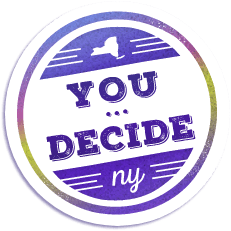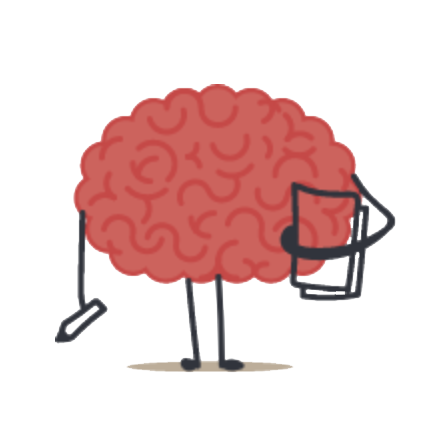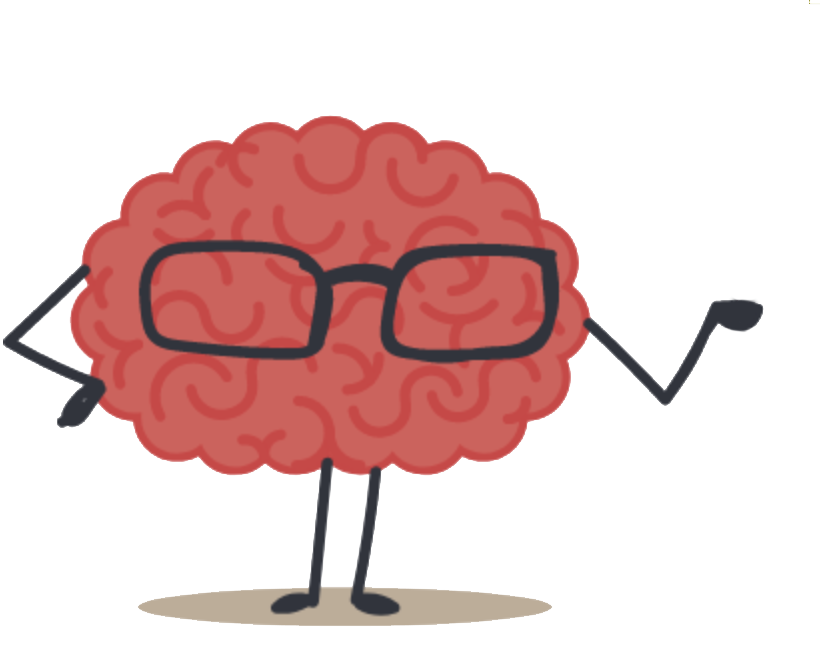Youth have an exciting period in their lifetime. Their brain is going through rapid and exciting changes over a very short period of time as they prepare for adulthood. This is a time where risk taking is an important part of their development. It is a good time to support youth by guiding their decision making towards healthy choices. This means avoiding risky, potentially addictive behaviors, such as youth gambling.
Brain Development
The brain goes through such exciting changes over the first 25 years of a person’s life. During the first stage of brain development, babies cry for their basic needs to be met. Later, they develop the ability to think, process, and make exciting individual decisions for their own lives. Youths’ brains are going through massive changes and developing from back to front. It is because of this that youth take many risks along the way.
Some of these risks are necessary and healthy. Some healthy risks include meeting new people, trying new activities like volunteer work or starting a sport, and facing other fears to learn more about themselves. It is, however, a time that media and peers have a growing influence and can misguide youth into risky behaviors like gambling. We want to encourage youth to make healthy choices as their brains are developing.
During this brain development, the last part of the brain to develop is the prefrontal cortex. You might ask yourself “where is that?” If you put your palm on your forehead, you are giving your prefrontal cortex a little hug. The prefrontal cortex is the front part of the brain. This part of the brain is responsible for decision making, risk assessment, and making healthy decisions.
Since the brain is not fully mature until at least the age of 24, we consider all people under the age of 24 as “youth”. Therefore, anyone under that age, we suggest not to participate in gambling activities, and anyone under the age of 18 we would advise parents and loved ones to prohibit gambling activities of all types.
The Brain and Risky Behaviors
Engaging in any type of behavior that feels good is something the brain wants to do more of. If a youth goes on a roller coaster, and has fun, they will get excited about going on the next roller coaster. If a youth is running a race, and wins, they will want to participate in future races. This just makes sense because anything that feels good is something that a person wants to do more often.
One of the main contributors is dopamine. Dopamine is a hormone that the brain and body release when something happens that feels good. If someone jumps in a pool and has fun doing it, they will have a dopamine rush, and they will feel enticed to do it again. This can become a problem when there’s a dopamine rush from the potentially addictive activities that are gambling.
Consequences of Youth Gambling
Youth who are gambling have a much higher risk of developing problems from gambling. Around twice the risk that adults have. Again, that’s because of their brain development. Since their brains are racing with excitement, so is their drive to participate in activities. If they get excited from gambling, they will gamble more often.
Youth who begin struggling with gambling problems tend to have issues with money. We know there’s no shock there, but there are many other consequences associated with youth gambling. These consequences include struggles with their grades suddenly dropping in school, problems with relationships such as family and friends, problems keeping employment, struggles with anxiety and depression, and even the possibility of considering or attempting suicide.
We understand that those are some serious consequences, but there are warning signs to look out for. Similar to other addictions, youth who struggle with gambling will show signs of agitation and anger, withdrawal from family and friend activities, have a preoccupation with gambling and have trouble focusing on other responsibilities, requiring money to cover expenses, and the increased possibility of criminal behavior to obtain money or items for gambling.
Parents have Power
Parents have a huge impact on their youth’s development. Whatever the age may be, from age 6 all the way up until age 24, parents have the ability to make a huge impact on you their children.
Now that statement may be surprising, but keep in mind what parents say to their kids has been said, heard, and will be internalized. Research has been shown that parents and families are “protective factors”, meaning their opinions are a major piece of preventing youth gambling. * That means when a teenager hears things, even if they react negatively, the seed has been planted. With that seed, they’ll begin to think about whether or not gambling is something they want to do. When they realize that their parents love and care for them, they think about the risks of youth gambling, and they’ll be more open to the idea of not gambling. Therefore, parents give youth the power to decide for themselves, whether or not to engage in gambling activities.
Resources and Support
As we enter the middle of summer, we want to offer free resources to support parents looking to have difficult, yet important, conversations with youth about gambling.
VIDEOS: we have several 30 to 90 second short video clips offering a quick glimpse into starting a conversation with youth about gambling. These video examples can help equip parents to open the door to start conversations about gambling and express disapproval of youth gambling.
Problem Gambling Resource Center (PGRC): Those looking for additional support on how to have these conversations, and how to work through feelings of frustration or anger regarding youth gambling problems, can contact the New York State PGRC. This call is free, and the caller is instantly connected with a Program Manager who is an expert on gambling harm and supportive resources who will be there to support them every step of the way. Find your local support here: https://nyproblemgamblinghelp.org/ or call, 1-833-Here-To-Help/ (833) 437-3864.
The number one thing to remember is that any time there is gambling harm, people struggling are not alone, families affected are not alone, and communities have local supports and resources to help.
* Youth Development Survey 2014-2015 Report. New York State Office of Alcoholism and Substance Abuse Services. 2015



